Selected Projects 2021
Internet Stability and Security
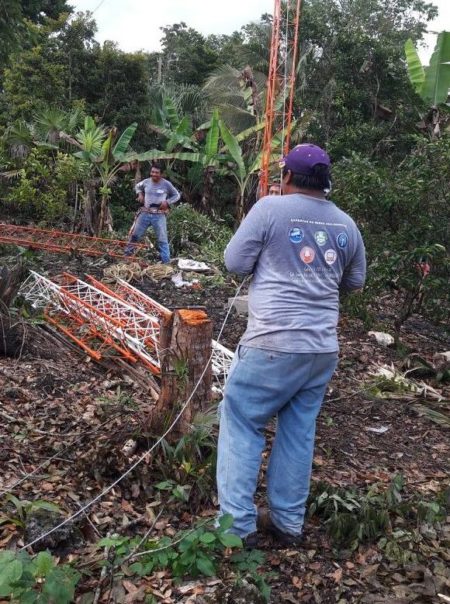
Rural Community Internet
Award
Soluciones Tecnológicas TW has managed to expand Internet access by deploying its own infrastructure and wireless links in marginalized areas of the southern state of Yucatán, where most of the communities do not have access to mobile telephony, let alone access to Internet services. As a strategic component and for the purpose of optimizing the use of our own resources and benefitting the poorer communities, hotspots were deployed in 20 indigenous communities so that the population would not need to invest in infrastructure but would still be able to access the Internet.

Caribbean IXP Directory and Traffic Monitoring
Grants
The objective of this project is to develop repository of information about the Caribbean IXPs. This repository will be the place to share are find information about the IXPs in the Caribbean Region including details such as contact information, location and IXP traffic statistics. This multi- country project seeks to bridge the information deficient gap to ensure that information about the Caribbean IXPs is accurately captured, up to date, and available to network operators, researchers, and policy makers.

Implementing a CoAP Proxy in the Contiki-NG Operating System for 6LoWPAN Networks
Grants
The general objective of the project is to implement the proxy feature for the CoAP protocol in the Contiki-NG operating system. This will contribute to the development of the Contiki-NG open-source project, allowing academia, companies, and government agencies to use this feature in embedded devices without the need for additional hardware and robust software libraries such as Californium for Java, CoAP.NET for C#, or CoAPthon for Python
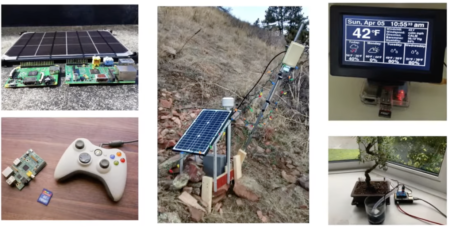
Internet Measurements in One Country for Regional Connectivity, Latency, and Stability Studies
Grants
Based on the study presented by LACNIC in early 2021 titled “Connectivity in the LAC Region: 2020,” this project will conduct an in-depth study of connectivity in Panama, its latency, and peering agreements between Panamanian providers and autonomous BGP systems, including information on each of the country’s ten provinces.
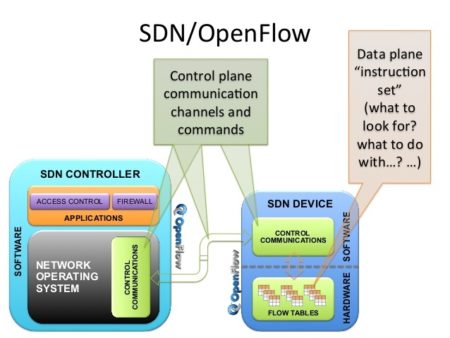
DDoS Attack Identification and Mitigation in Software-Defined Networks for IoT
Grants
The mitigation of cyberattacks using emerging technologies such as SDN and NFV has not been sufficiently studied. The purpose of this research is to identify and characterize the main attacks that can occur in new-generation network architectures that include IoT devices, and to design strategies that will allow the rapid deployment of high-level security policies in the network using SDN and NFV.
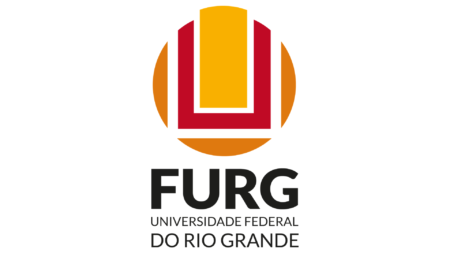
Understanding the impacts of Remote Peering on Internet routing
Grants
Our project aims to analyze Remote Peering (RP) deployment at Latin American IXPs and investigate its implications to Internet routing. By understanding the RP usage and its impacts on the control and data planes, we expect to provide transparency on which networks are remote at IXPs and help operators to assess the tradeoffs of RP and of exchanging traffic with remotely connected ASes.
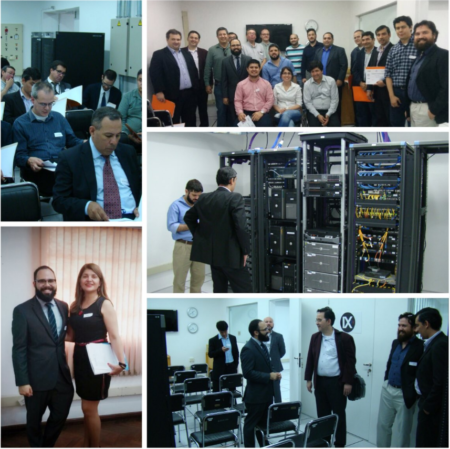
Technical Implementation of DNSSEC for .py
Grants
This project proposes carrying out the technical implementation phase for DNSSEC deployment for zones delegated under the .py ccTLD; promoting the use of DNSSEC in the name servers managed by Telecommunications Service Providers, Web Hosting Providers and Paraguayan Government Agencies Organizations; and setting the stage for conducting education and information campaigns related to the used and importance of DNSSEC.
Open and Free Internet
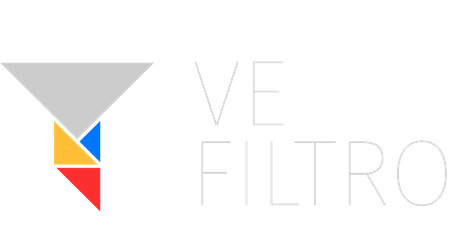
VE without Filters
Award
Venezuela without Filters (VSF by its Spanish acronym) is a project that seeks to defend digital rights in Venezuela.
To do this, it takes advantage of existing studies and recognized research results to document and obtain critical information on the scale of cyberattacks sponsored by the Venezuelan government against dissidents, independent media, and civil society organizations and activists, trying to identify government surveillance efforts and strengthening documentation on Internet censorship and network interference.

Segur@s en línea
Grants
The purpose of this initiative is to increase the visibility of online gender violence through open data, as well as to create a campaign to promote active and informed citizen engagement that will allow people to participate in the formulation of effective public policies that address prevention, education, and punishment, always within a framework of respect for international human rights standards.
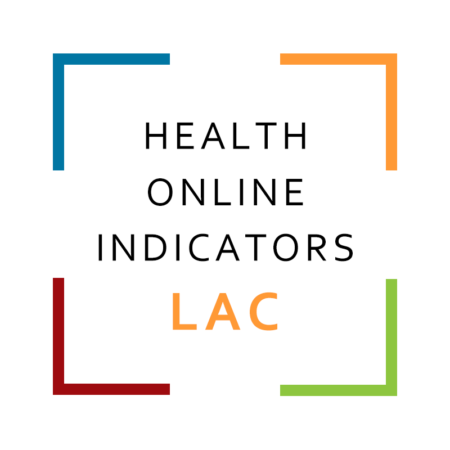
Health Online Indicators in LAC: Access to Safe and Affordable Health Solutions Using the Internet – Study on Telemedicine and Purchase of Medicines Online
Grants
The “Health Online Indicators” project will present, in an easily readable form, five indicators that can help enable access to safe and affordable health solutions using the Internet in LAC. The information that will be part of this dataset will be taken from various national laws, executive orders, communications from national authorities, and academic research. So, while the data mostly exists already, it is neither properly organized nor accessible.
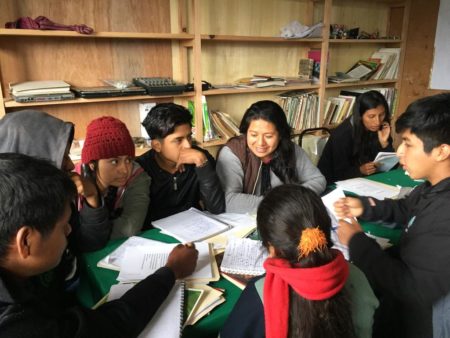
Promotion and Appropriation of Digital Rights to Guarantee Access to Information in Indigenous Languages
Grants
The expansion of community networks, the increasingly mandatory use of digital tools, and the rapid isolation caused by the Covid-19 pandemic have left indigenous communities vulnerable with respect to the protection of their personal and collective information.

Data Protection System Based on Anonymization Techniques and in Accordance with Privacy Laws
Grants
Given that the trend among companies and government institutions is to deploy online and cloud services to modernize their business models, they may be vulnerable to intrusion attempts and data leaks.
Internet Access
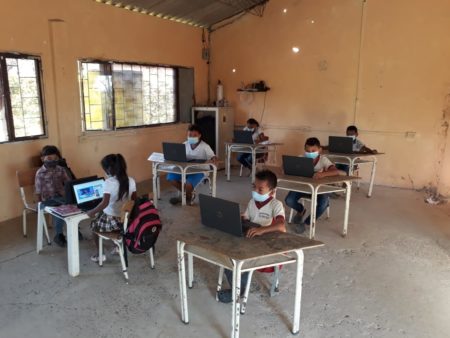
Pilot Project for Television White Space Technology in Montes de María, Colombia
Award
This initiative comprises the design, implementation, and maintenance of a telecommunications network using Television White Space Technology to provide connectivity services for eight public schools located in the rural areas of the municipality of Ovejas (and the communities settled in their surroundings), in the department of Sucre, Montes de María subregion, in Colombia.
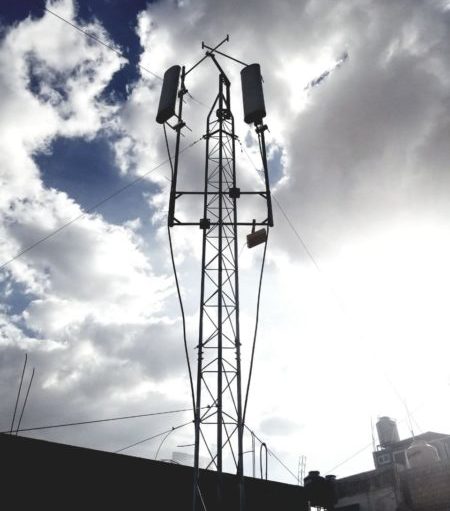
4G Community Network
Grants
In Mexico, approximately 12 million people do not have access to mobile or fixed bandwidth, and this substantially limits their chances of being informed and participating in the global economy and society. In terms of aggregate mobile coverage (including 2G, 3G, and 4G technologies), rural areas with less than 10,000 inhabitants are the most affected.
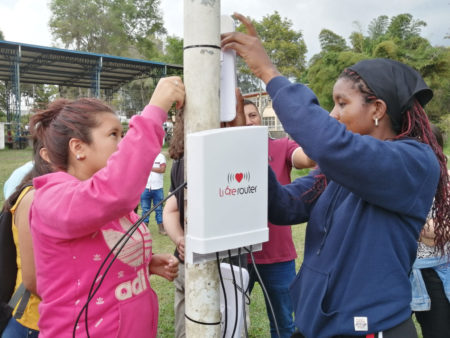
LibreRouter V2.0: Evolving Technological Sovereignty
Grants
This project seeks to provide continuity to the LibreRouter stack, a series of hardware, software, documentation, and audiovisual support designed to technically and socially facilitate the development, deployment, management, and expansion of community networks. LibreRouter was created with funding provided by FRIDA and was the first project to be selected in two regions (the second being Africa – FIRE). As a result of its success over the years, communities on all continents are choosing to use this technology today.
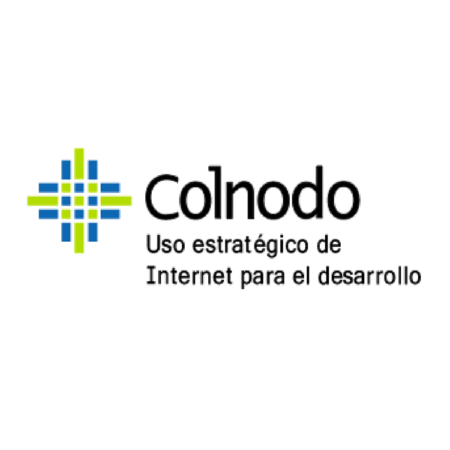
Community Communications Networks for Strengthening the Circular Economy and Social Exchange in La Macarena, Meta
Grants
Seeking to promote a transformation in the relationship fabric that bonds the actors of the agro-ecological and tourism sectors, this project proposes strengthening community initiatives and alternative economy processes in the municipality of La Macarena-Meta, prioritizing the participation of women and the strategic use of information technologies.
Reducing the Digital Divide in Vulnerable Populations in the City of Córdoba Using WIFI and Unlicensed LTE Technology
Grants
The goal of the project is to reduce the digital divide in vulnerable areas of the city of Córdoba with little or no Internet access, using LTE base stations operating on unlicensed frequency bands for point-to-multipoint links. Thus, it seeks to enable access to the various services available online, including education, health, public services, and access to the Digital Neighbor (VeCi) and Digital Citizen (CIDI) platforms.